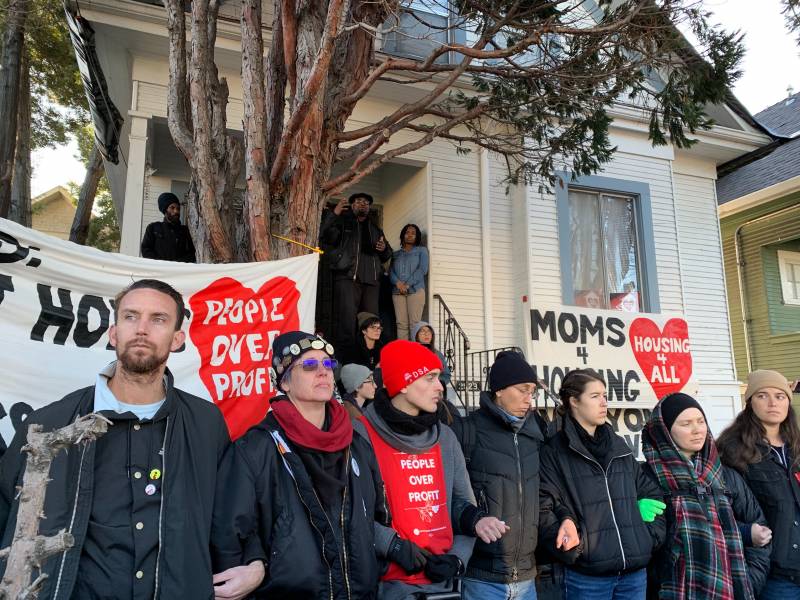But right to housing laws in the U.S. are rare; some local governments have instead adopted a “right to shelter,” including Massachusetts, Washington, D.C. and New York. Critics, however, say a right to shelter doesn’t go far enough and simply brings homeless people indoors to stay in temporary shelters.
How Might it Work in California?
California lawmakers are considering potential policies, including amending the state Constitution that would create a legally enforceable mandate to reduce the state’s massive unsheltered homeless population of more than 108,000.
“It’s the number one political and quality-of-life issue in our state, and yet everything we do is optional,” said Sacramento Mayor Darrell Steinberg, co-chair of the Council of Regional Homeless Advisors, a 13-member task force appointed by Gov. Gavin Newsom.
In a report released last month, the task force urged the governor to consider legally obligating cities and counties to make progress toward housing their unsheltered residents or face a penalty. Steinberg said he personally believes that housing is a human right, but said the state will have to do something beyond a declaration.
“Symbolism is important. It can help drive the debate and it can help change the agenda,” he said. “But if it isn't accompanied by an actual law that makes it so, then housing might be a human right in California, but in name only.”
Earlier this year, an effort led by Assemblywoman Autumn Burke, D-Inglewood, to adopt legislation that would mandate a right to housing for California children and families died in committee in January. Burke said she plans to reintroduce a similar bill by the end of this month.
In their monthslong occupation of the West Oakland home, Moms 4 Housing activists effectively amplified the concept of housing as a human right, using it as a moral argument for why they should be allowed to live there.
Shortly after being evicted by heavily armed sheriff's deputies in January, the group announced it had reached an agreement with the property owner, Wedgewood Inc., to purchase the home through a local land trust.
But members of the group argue that saving one house is not enough; they want to use the momentum they’ve built to start a larger movement, such as changing the state Constitution to include housing as a human right.
A constitutional amendment would require approval from two-thirds of both legislative houses by June 25 to be placed on the November ballot. If approved by voters, California would make history as the first state to declare housing as a human right.

